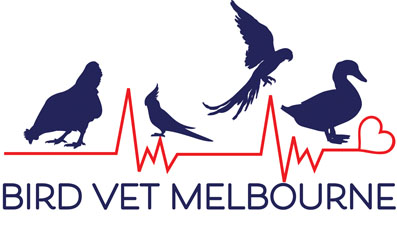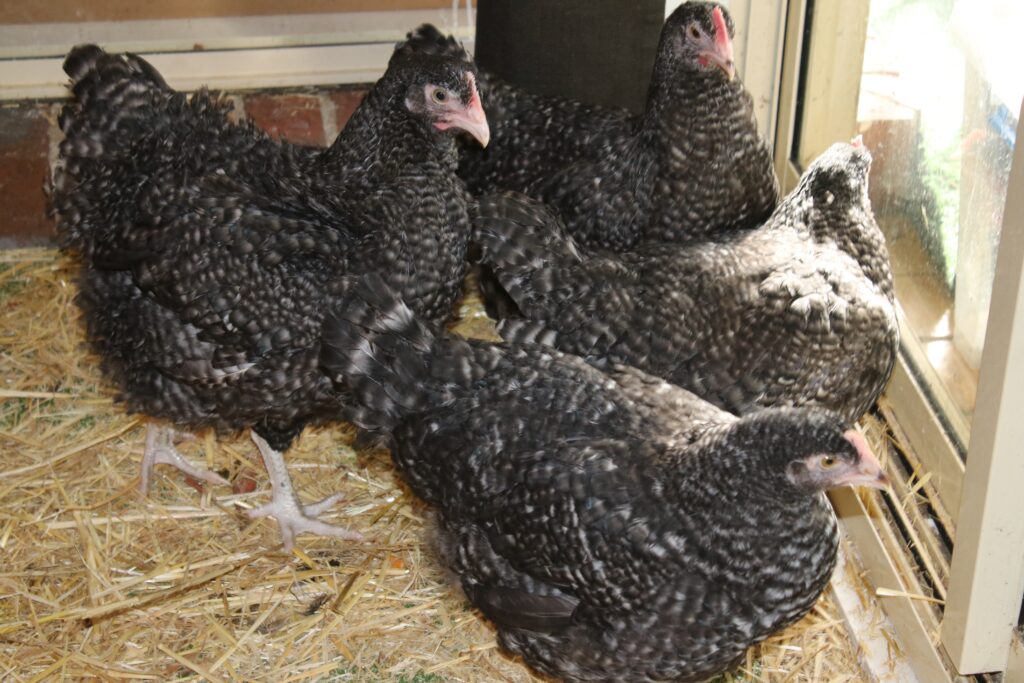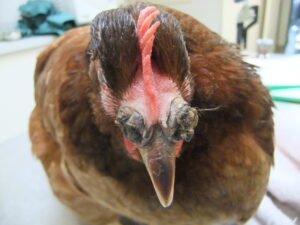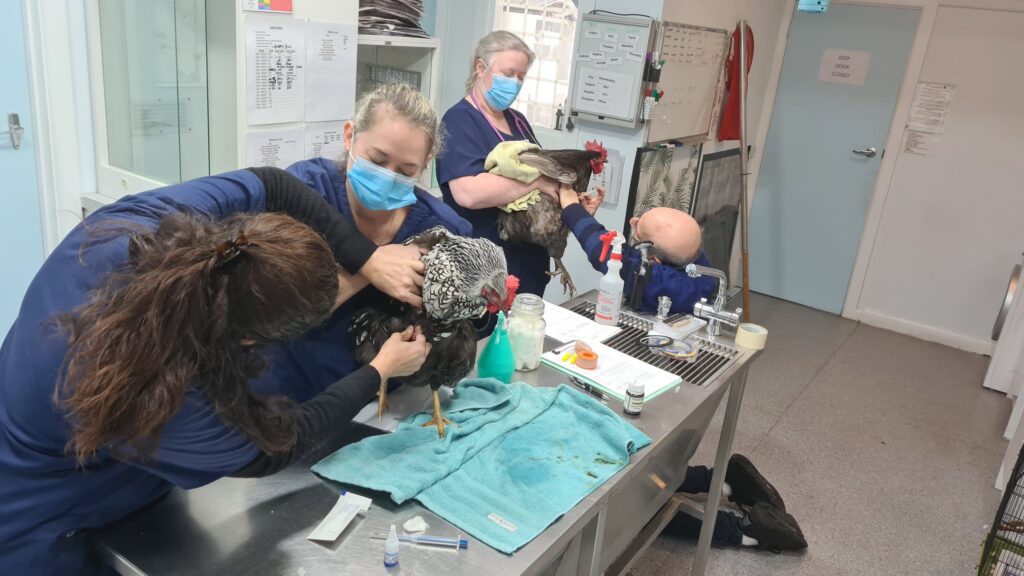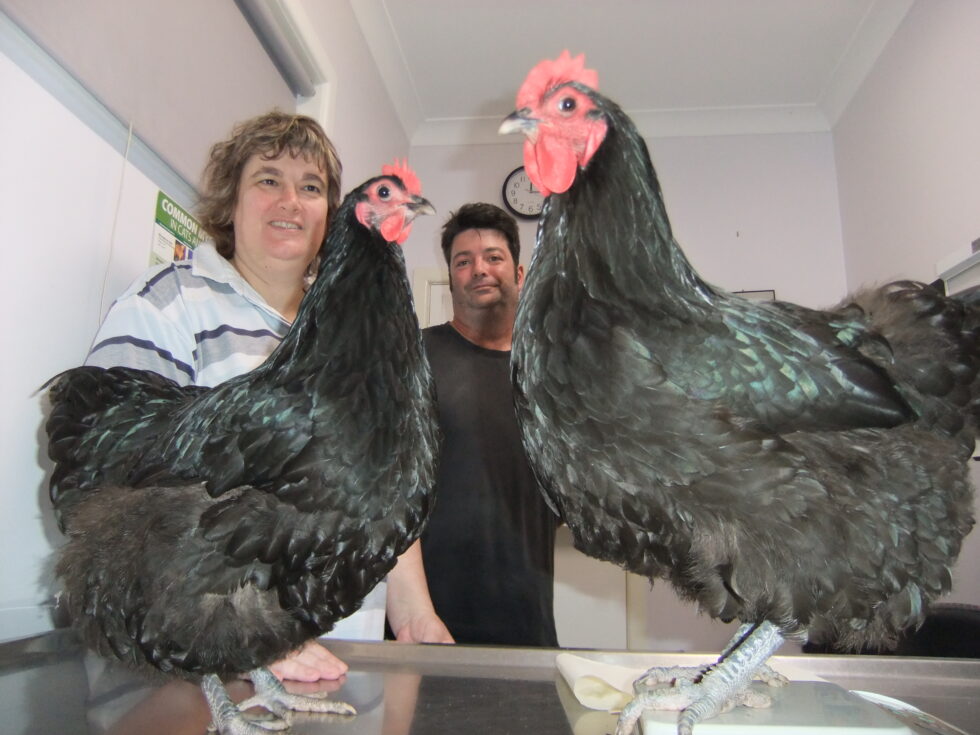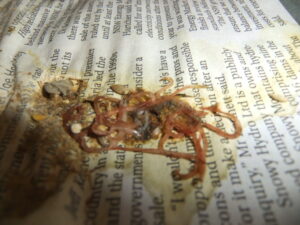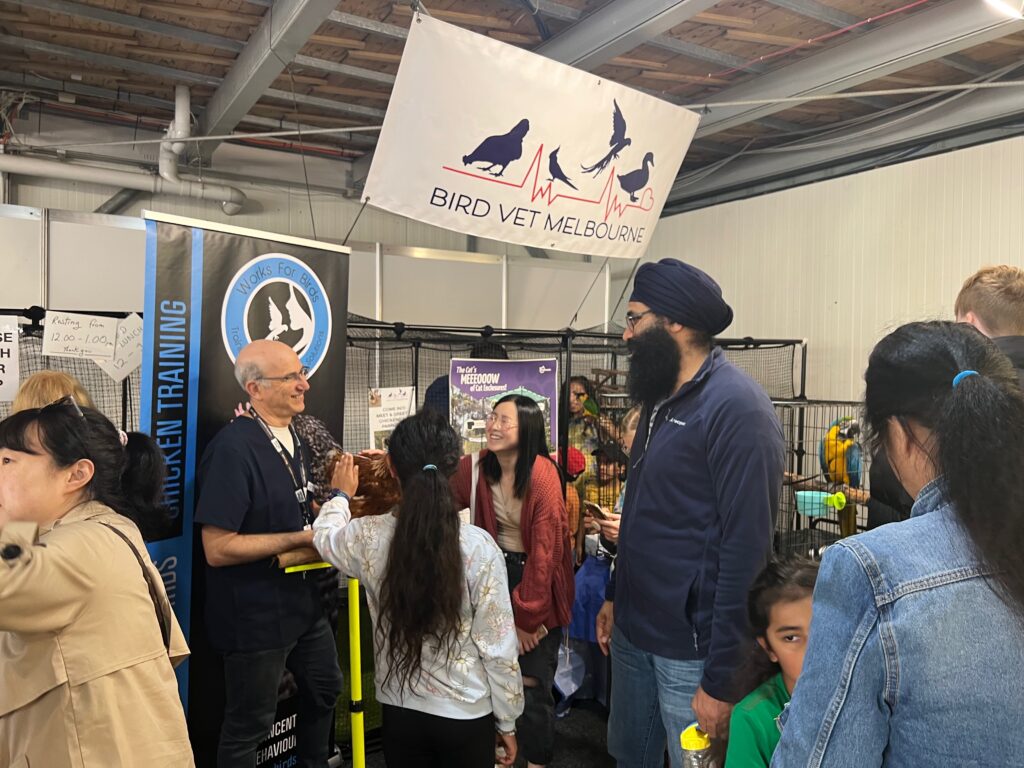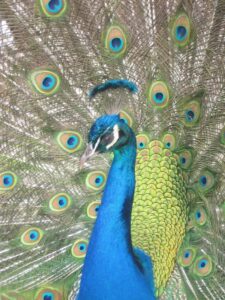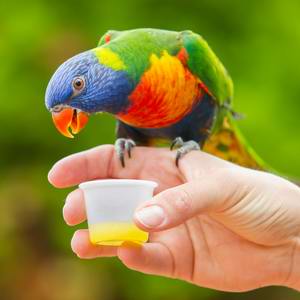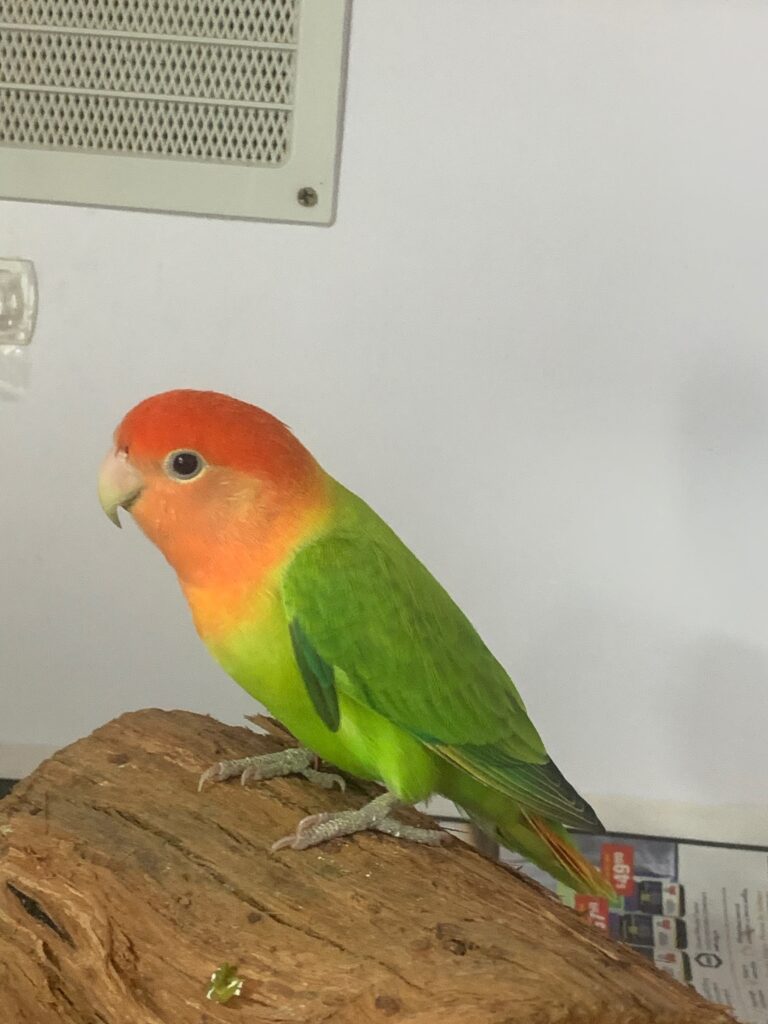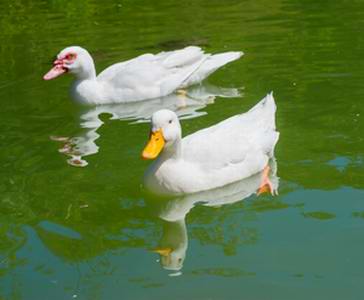Posts by Bird Vet Melbourne
Chicken Medications
Can you medicate chickens? At Melbourne Chicken Vet we sell chicken medications and poultry products. Click “Medications for chickens.” For egg layers Chicken Vet sell over the counter chicken wormers that have no withholding period, which means the eggs are safe to eat while your chicken is bring treated by a poultry wormer . For…
Read MoreChickens: Chronic Respiratory Disease (CRD)
What is Chronic Respiratory Disease in Chickens? CRD is one of the most common causes of disease in backyard hens seen at the chicken vet. Classic Chronic respiratory disease (CRD) occurs when chickens and turkeys that are infected with Mycoplasma gallisepticum are stressed. The bacteria then causes Respiratory disease. Mycoplasma gallisepticum is contagious and can…
Read MoreAvian Reproductive Disease
How To Prevent Reproductive Disease One of the most common reasons for backyard hens to come to Melbourne Chicken Vet is for reproductive tract disease. Laying breeds have been bred to lay eggs so prolifically that complications are common. Chickens are very good at hiding illness, so by the time they look sick the disease…
Read MoreChicken Coccidiosis | Cocci in birds
Treatment of Coccidiosis in Chickens Coccidiosis in Chickens is is caused by a protozoa. The chicken coccidia lives and infects various sites in the intestine and damages the intestinal lining. With a heavy infection birds loose weight, have diarrhoea, sometimes have red blood in the droppings and even death. Poultry Vets have found that coccidia…
Read MoreWorms In Chickens
Round Worms From a Chicken Treatment of Worms In Poultry Chicken worms, chicken coccidia, and poultry mites and lice, are common and regularly seen. Round worms in chickens have a life cycle of about three weeks. Consequently from the time the egg is eaten by the bird, and the worm grows inside the chicken, and…
Read MoreFrequently Asked Veterinary Questions
How often should my pet bird visit the Avian Vet? All pet birds need to visit an Avian vet for a check up at least once a year to ensure preventable diseases are caught early. All pet birds should be brought in for a “Well bird Exam” on purchase. Is my bird Sick? It’s important…
Read MoreCaring For Peacocks
Peacock and Peafowl Vet Services The term ‘peahen’ refers to the female, ‘peacock’ to male and peafowl to either gender. Peafowl are indigenous to India, Burma, Java, Ceylon, Malaya and the Congo. In addition to the common Indian blue peafowl, Pavo cristatus, there are also three subspecies of the more flighty Java green peafowl: Pavo multicus. Peafowl…
Read MoreCaring For Lorikeets
Quick Lorikeet Facts: Scientific name: Trichoglossus haematodus Lifespan: 20-30yrs Origin: Australian Eastern border from Queensland to South Australia, Northwest Tasmania, Eastern Indonesia, Papua New Guinea, New Caledonia, Solomon Islands, Vanuatu. Rainbow lorikeets were introduced to Western Australia, Auckland New Zealand and Hong Kong, where they are now considered a pest as they outcompete native birds in the area. Natural habitat: Rainforest, coastal…
Read MoreCaring For Lovebirds
Quick Facts About Lovebirds: Life expectancy: 7-15 years Sexual maturity: 6-12 months Adult bodyweight: 40-60g Origin: Africa Sexual dimorphism: Males and females are alike in Peach-faced, Masked and Fischer’s lovebirds. Less common species including Madagascar, Abyssinian & Red-headed lovebirds are dimorphic. General Lovebird Information: Lovebirds are social and affectionate small parrots, and are known for…
Read MoreCaring For Ducks
Muscovy Duck (left) and Pekin Duck (Right) Pet Ducks – General Information: Ducks are friendly, playful garrulous, loquacious, talkative and inquisitive companions and in appropriate backyards they make great pets. Most breeds of domestic ducks, including Pekin and Indian Runner Ducks are descendants of wild Eurasian Mallard ducks. Muscovy Ducks (with the red bumps -caruncles-…
Read More